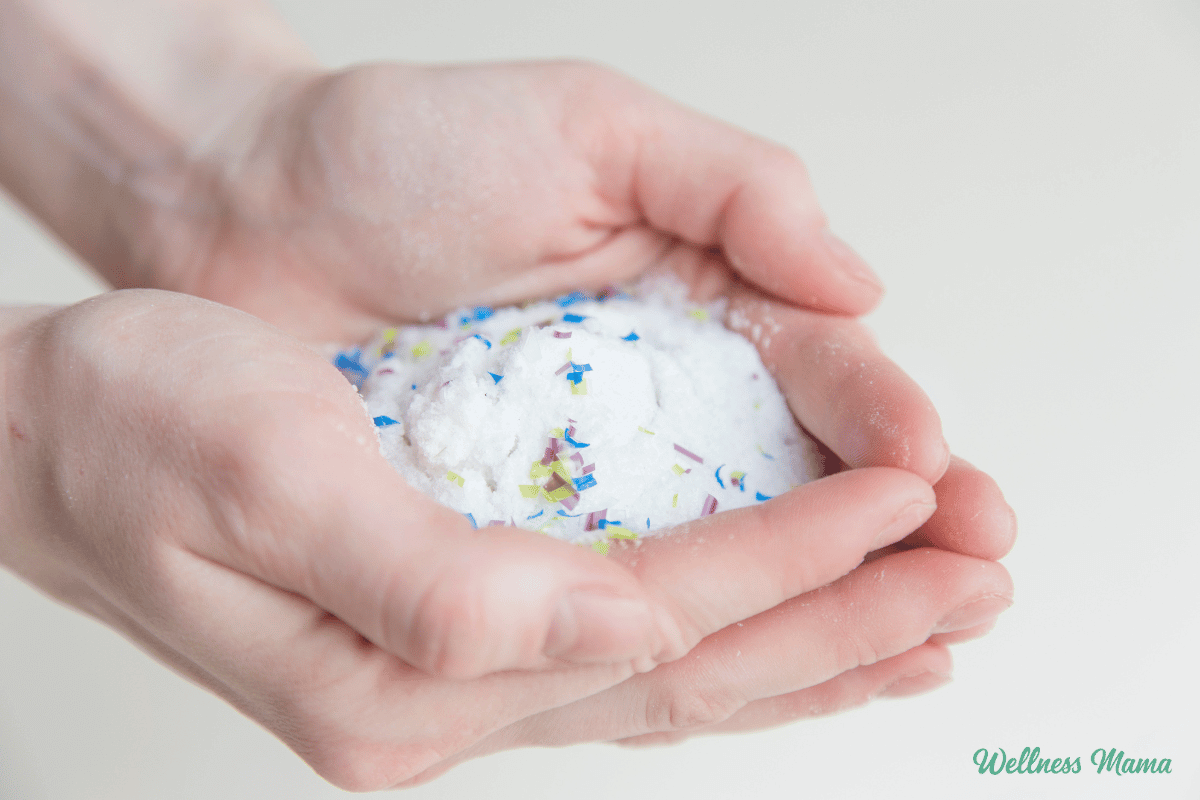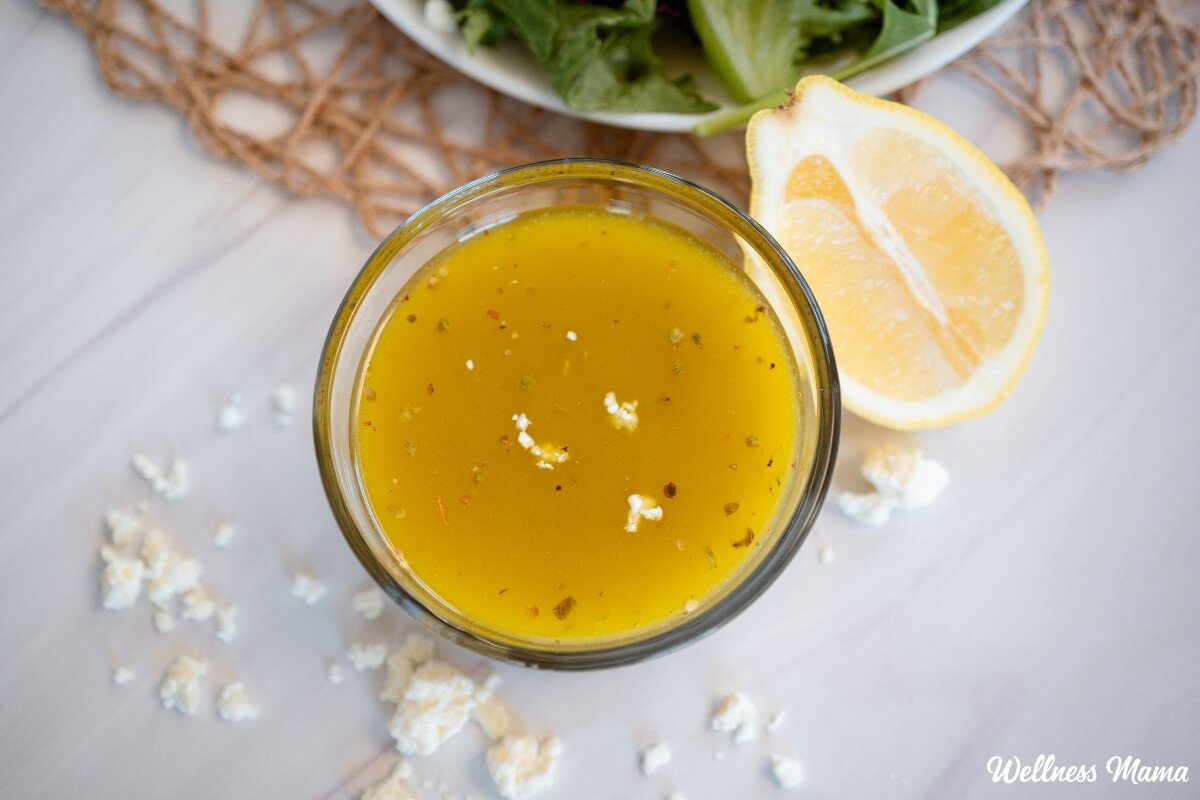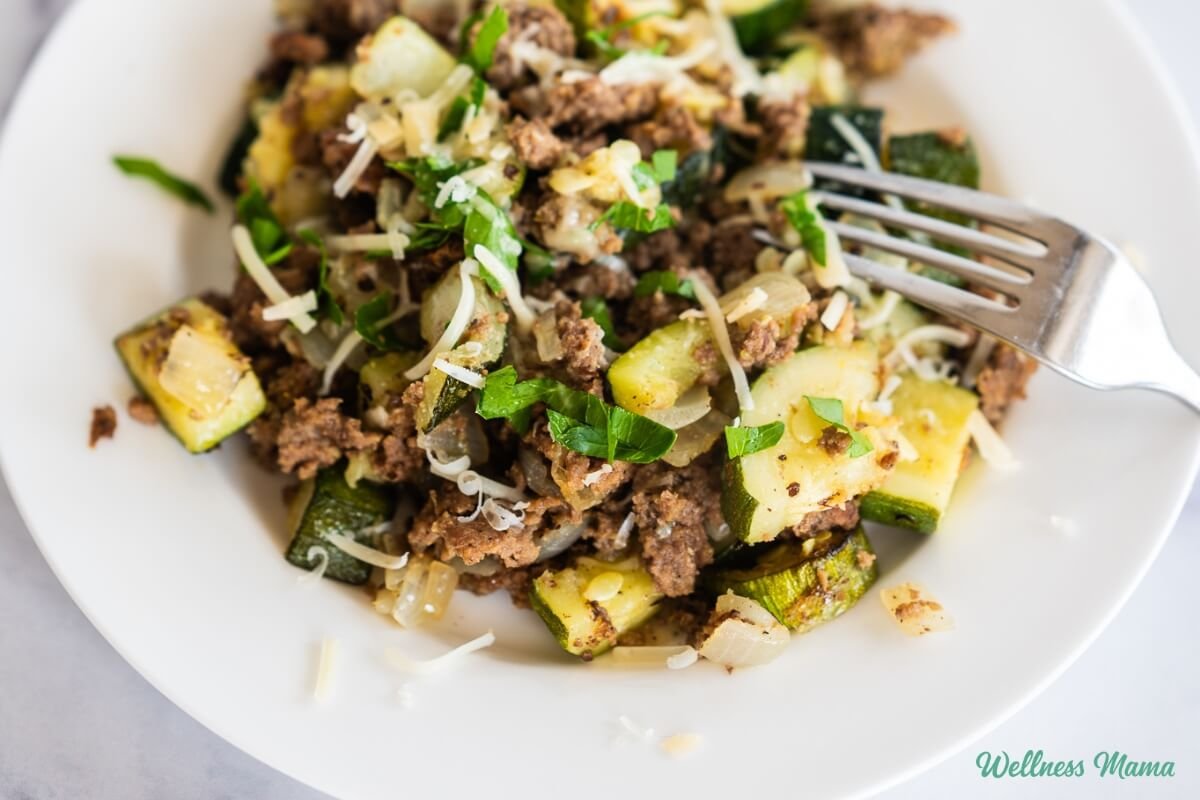Fun fact: I have a whole collection of mushroom coffees and drinks on my coffee bar. One of the standout mushrooms you’ll find there is maitake.
This unassuming mushroom is also known as "hen of the woods" because its layered fronds resemble the feathers of a nesting hen. Over the years, maitake’s numerous benefits have caught the attention of researchers and health advocates alike. It is not only valued as a medicinal mushroom but its deep umami flavor makes it a treasured culinary ingredient.
Understanding Maitake Mushrooms
The maitake mushroom, or Grifola frondosa, is a kind of edible mushroom originally from China. It also thrives in the mountainous areas of northeastern Japan, as well as in parts of Europe, North America, and elsewhere in Asia. Alongside "hen of the woods," it’s sometimes called "sheep’s head."
"Maitake" translates to "dancing mushroom" in Japanese, reportedly named after the joyful dances of those who discovered it. Traditionally, this mushroom has been recognized for its health-supporting properties. It’s included among the mushroom varieties known as "medicinal mushrooms." Maitake mushrooms have a long tradition of both culinary and medicinal use: “Let food be thy medicine.”
Nutritional Profile of Maitake Mushrooms
Maitake mushrooms are a great source of amino acids, B vitamins, vitamin D, phosphorus, and potassium. They also contain dietary fiber, which nourishes beneficial gut bacteria. Their cell walls are rich in anti-inflammatory beta-glucans that help bolster the immune system.
Vitamin D
These mushrooms naturally contain vitamin D, but the amount can vary based on growing conditions, sun exposure, and age. When exposed to sunlight or UV light during their growth, maitake mushrooms can produce vitamin D, similar to the process that occurs in human skin. The type of vitamin D in fungi is D2 rather than D3.
Phosphorus
Maitake mushrooms are also rich in phosphorus. Our bodies use this important mineral for an array of physiological functions, such as bone health, energy release, maintaining the structure of cell membranes, and DNA/RNA production.
Potassium
Potassium is abundant in most plants and fungi and is vital for human health. This essential mineral is crucial for maintaining fluid balance, nerve functions, muscle contractions, and heart health. Alongside sodium and magnesium, potassium serves as an electrolyte, carrying an electric charge integral to numerous bodily functions.
Health Benefits of Maitake Mushrooms
Maitake mushrooms have garnered interest for their potential health benefits.
They boast numerous bioactive compounds, including polysaccharides, beta-glucans, antioxidants, and other phytonutrients. These compounds likely contribute to their healing properties, which makes them a highly sought-after mushroom.
Immune Support
Medicinal mushrooms are known for their immune-boosting capabilities, and maitake mushrooms are no exception. Like other medicinal mushrooms, maitake contains beta-glucans, which aid in promoting a healthy immune reaction. These mushroom-based polysaccharides support various processes that enhance body resilience.
In a 2014 animal study, researchers examined the immune-boosting effects of both maitake and shiitake mushrooms. The study found that maitake mushrooms triggered a strong immune response, working synergistically with shiitake for a more potent effect. The combination of mushrooms proved most effective, with maitake alone also performing well.
Support for Cancer
Due to their ability to regulate the immune system, maitake mushrooms might assist the body in combating cancer. Research indicates that the beta-glucans in maitake trigger an antitumor immune response. In certain scientific studies, maitake inhibited tumor growth in mice.
The beta-glucans may boost the activity of specific immune cells, like natural killer (NK) cells and macrophages, which play crucial roles in identifying and eliminating cancer cells. By enhancing immune function, maitake mushrooms potentially aid in cancer defense.
Maitake mushrooms might promote apoptosis, or programmed cell death, which removes damaged or abnormal cells such as cancer cells. Some studies suggest that maitake extracts could induce apoptosis in bladder and breast cancer cells.
A promising maitake extract, known as maitake D-fraction, is available as a supplement. Adding vitamin C can enhance the effects of D-fraction and MD-fraction maitake extracts.
While maitake mushrooms should not replace other cancer treatments, they could complement existing therapies. Always adhere to the guidance of a trusted healthcare professional.
Cholesterol Level Management
Another health benefit is maitake mushrooms’ potential to help regulate cholesterol levels. Low-density lipoprotein (LDL) cholesterol is often labeled "bad" cholesterol, though the issue is more complex. Factors like insulin resistance significantly impact cholesterol levels.
The antioxidants in maitake may alleviate oxidative stress and inflammation. With reduced inflammation, cholesterol accumulation in the arteries diminishes, lowering the risk of heart disease.
Blood Pressure Reduction
Incorporating maitake into one’s routine may help lower high blood pressure. A study in which maitake extract was given to rats resulted in decreased age-related high blood pressure and improved insulin sensitivity, possibly explaining its cholesterol-balancing benefits.
In an older animal study from 1989, rats consuming maitake for eight weeks experienced lower blood pressure, triglycerides, and cholesterol levels. This suggests that maitake mushrooms might reduce the risk of metabolic syndrome and cardiovascular disease.
Blood Sugar and Diabetes Support
A Japanese study on diabetic mice found that maitake mushroom powder exhibited strong anti-diabetic effects over the study’s four-month duration.
Another study focused on diabetic rats. Maitake consumption improved glucose tolerance and blood sugar levels in the rats, leading researchers to believe that the mushroom’s bioactive compounds could ease diabetes symptoms.
Promoting Fertility
Polycystic ovarian syndrome (PCOS) causes cysts to form around the ovaries’ outer edges, resulting in irregular periods, lack of ovulation, and infertility, among other hormone-related symptoms.
Maitake mushrooms might offer help. A 2010 Japanese study observed PCOS patients who took either maitake extract or clomiphene citrate. The findings revealed that maitake extract induced ovulation in 77% of PCOS patients, nearly matching the effectiveness of the prescription medication.
Safety and Considerations of Maitake Mushrooms
Maitake mushrooms are generally regarded as safe for consumption. They have a long history of use in both Asian cuisine and medicine. However, it’s important to recognize potential risks or side effects and take necessary precautions:
Because maitake can lower blood sugar levels, it is crucial to exercise caution when combining them with blood sugar-lowering medications. In some cases, maitake lowered blood sugar levels too much, risking hypoglycemia.
How to Incorporate Maitake Mushrooms
Your local grocery store might offer fresh maitake mushrooms in the produce section. If they’re not available, dried maitake can often be found at natural foods stores or online. For storage, keep maitake mushrooms in a paper bag in the refrigerator to allow them to "breathe" and absorb excess moisture.
Maitake mushrooms add great flavor to soups, stir-fries, omelets, and casseroles. They can also be savored when sautéed in butter or olive oil. This "hen of the woods" mushroom pairs wonderfully with an actual hen, such as roast chicken. Here are additional ways to enjoy maitake mushrooms:
-
Sautéed or Stir-Fried: Cook them in butter or olive oil over medium heat until tender and slightly browned. Use as a side dish or add them to salads, rice (like risotto), or your favorite pasta.
-
Roasted: Roasting maitake mushrooms enhances their flavor and creates a pleasant texture. Toss the mushrooms with olive oil, garlic, and herbs, then spread them on a baking sheet and roast until golden brown and crisp-edged.
-
Grilled: These mushrooms are perfect for grilling. Brush them with oil, season with salt and pepper, and grill until tender and slightly charred. Grilled maitake mushrooms make a delicious and savory addition to any barbecue.
-
Tea and Broths: In Traditional Chinese Medicine, maitake mushrooms are often used in herbal teas or broths. These are simple ways to obtain the health benefits of maitake.
- Mushroom Coffee: Powdered mushrooms or maitake extracts are commonly found in mushroom coffees.
Tips for Preparing Maitake
When using maitake mushrooms in cooking, clean them thoroughly before preparation. Gently wipe them with a damp cloth or use a soft brush to remove dirt or debris. Avoid washing them since they tend to absorb water easily, which can alter their texture and flavor.
Maitake mushrooms are available fresh, dried, or as supplements. For dried maitake mushrooms, rehydrate them in warm water before cooking to restore their texture and flavor. If you wish to reap the benefits of maitake mushrooms without eating them daily, they are available in supplement form, ideally standardized to 30% D-fraction.
Including maitake and other medicinal mushrooms into your wellness routine can be beneficial for health.
What I Like to Do
I frequently enjoy medicinal mushrooms in flavorful mushroom "coffees" and teas. My kids and I also love hot chocolate and Golden Chai Latte that feature medicinal mushrooms!
Have you tried maitake mushrooms in any form? What were your experiences? Share your thoughts!

















Leave a Reply